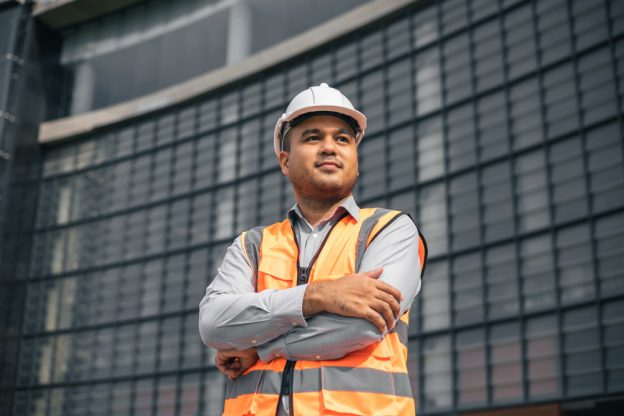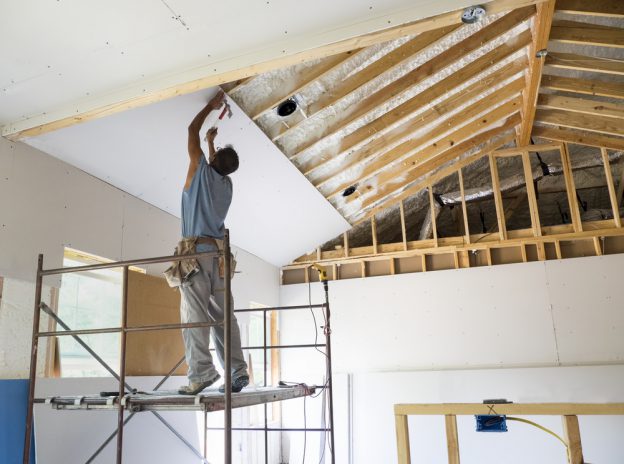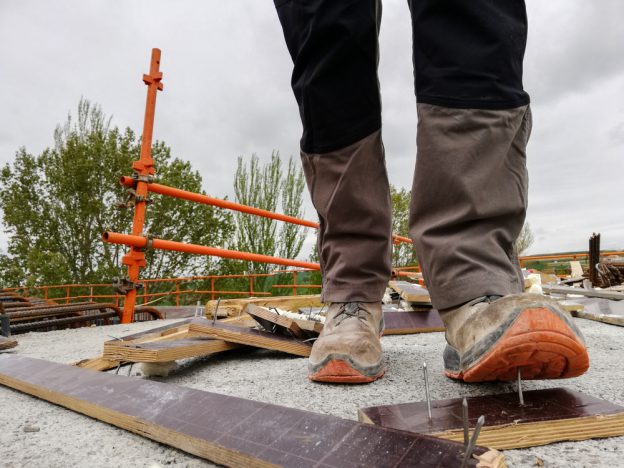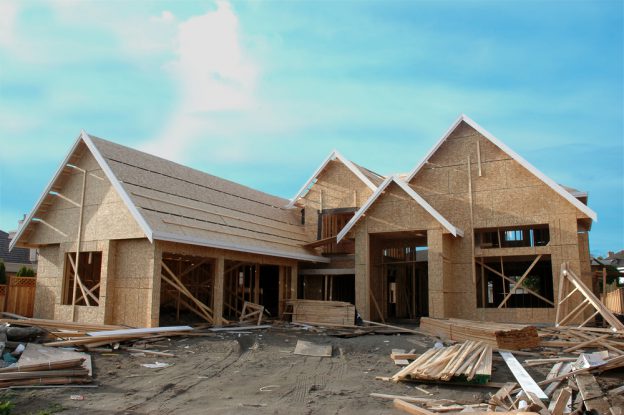As a contractor, you’ve likely spent countless hours honing your craft, navigating the complexities of project management, and dealing with the day-to-day challenges of turning renovation dreams into reality. But when your wife tunes into the latest episode of her favorite home improvement show, you might find yourself watching with a mix of amusement and frustration, knowing that the glamorous transformations on screen are a far cry from the realities of your profession.
In this article, we’ll delve into the stark differences between the world of home improvement television and the actual experiences of contractors on the ground. From unrealistic timelines to glossed-over budgets, we’ll uncover the truth behind the small-screen magic and shed light on the real-world challenges that contractors face every day.
The Race Against Time
One of the most glaring discrepancies between TV renovations and real-life projects is the timeline. In the span of a single episode, a dilapidated house magically transforms into a stunning showcase, leaving viewers with the impression that major renovations can be completed in mere days or weeks.
However, as any seasoned contractor knows, the reality is far different. From the initial planning stages to securing permits and coordinating with subcontractors, the process can stretch on for months. Material delays, unexpected structural issues, and weather complications can all throw a wrench into even the most meticulously planned project, turning those TV-style “reveal days” into distant fantasies.
The Budget Illusion
Another area where home improvement shows often diverge from reality is in their portrayal of budgets. On-screen, money seems to flow freely, with generous allowances for high-end finishes and custom features. Labor costs are often glossed over, as the show’s hosts and their teams tackle the work themselves or leverage promotional deals with suppliers.
In the real world, budget constraints are the bane of every contractor’s existence. Homeowners have limited funds, and labor costs can quickly eat up a significant portion of the budget. Unexpected expenses, such as uncovering outdated electrical wiring or discovering a hidden mold infestation, can send even the most carefully crafted budget into a tailspin.
The Project Management Puzzle
On TV, project management appears effortless, with the show’s charismatic host orchestrating a seamless dance of contractors, designers, and suppliers. Conflicts are resolved with a quick heart-to-heart, and everyone works together in perfect harmony to meet the looming deadline.
But as any contractor can attest, the reality of project management is far more complex. Coordinating schedules, managing subcontractors, and ensuring that everyone is on the same page can feel like herding cats. Miscommunications and scheduling conflicts are par for the course, and keeping a project on track requires a combination of diplomacy, persistence, and sheer willpower.
The Problem-Solving Paradox
In the world of home improvement television, problems are simply plot devices, neatly resolved within the confines of a single episode. A sudden plumbing leak or an unexpected load-bearing wall becomes a momentary hurdle, quickly overcome by the show’s intrepid hosts and their team of experts.
But in the real world, problem-solving is rarely so straightforward. Contractors must grapple with a host of variables, from outdated building codes to stubborn materials that refuse to cooperate. Finding solutions can be a time-consuming and costly process, often requiring a complete reevaluation of the project scope and timeline.
The Quality Conundrum
On TV, the focus is often on the “wow factor” – the dramatic reveal, the stunning before-and-after shots, and the gasps of delight from the homeowners. But behind the scenes, the emphasis on cosmetic changes can sometimes come at the expense of quality craftsmanship and attention to detail.
For real-life contractors, however, quality is non-negotiable. Meeting building codes, ensuring long-term durability, and paying attention to the finer points of construction are all essential components of a successful project. It’s not just about creating a pretty picture; it’s about building something that will stand the test of time.
The Client Communication Challenge
In the world of home improvement shows, homeowners are often portrayed as eager participants in the design process, offering up their Pinterest boards and engaging in lively discussions about color palettes and accent walls. But when it comes to the actual construction, they’re typically happy to step back and let the professionals take over.
In reality, however, client communication is a crucial and ongoing part of any renovation project. Homeowners need to be kept in the loop throughout the process, from approving change orders to making decisions about unexpected issues that arise. Balancing client expectations with the realities of construction can be a delicate dance, requiring equal parts patience, empathy, and firm boundaries.
The Regulatory Tango
Finally, there’s the issue of regulatory compliance – a topic that rarely gets airtime on home improvement shows. While the hosts might mention pulling permits in passing, the nitty-gritty details of adhering to building codes and navigating the bureaucratic maze of local government are usually left on the cutting room floor.
But for contractors in the real world, regulatory compliance is a non-negotiable part of the job. Failing to secure the proper permits or meet building standards can result in costly fines, project delays, and even legal consequences. Navigating the regulatory landscape requires a deep understanding of local laws and a willingness to work closely with building inspectors and other officials.
So, the next time your wife settles in for a marathon session of her favorite home improvement show, feel free to join her on the couch – but don’t forget to bring a healthy dose of reality along with the popcorn. While these programs can certainly be entertaining and inspiring, they’re no substitute for the hard-earned knowledge and experience that contractors bring to the table.









